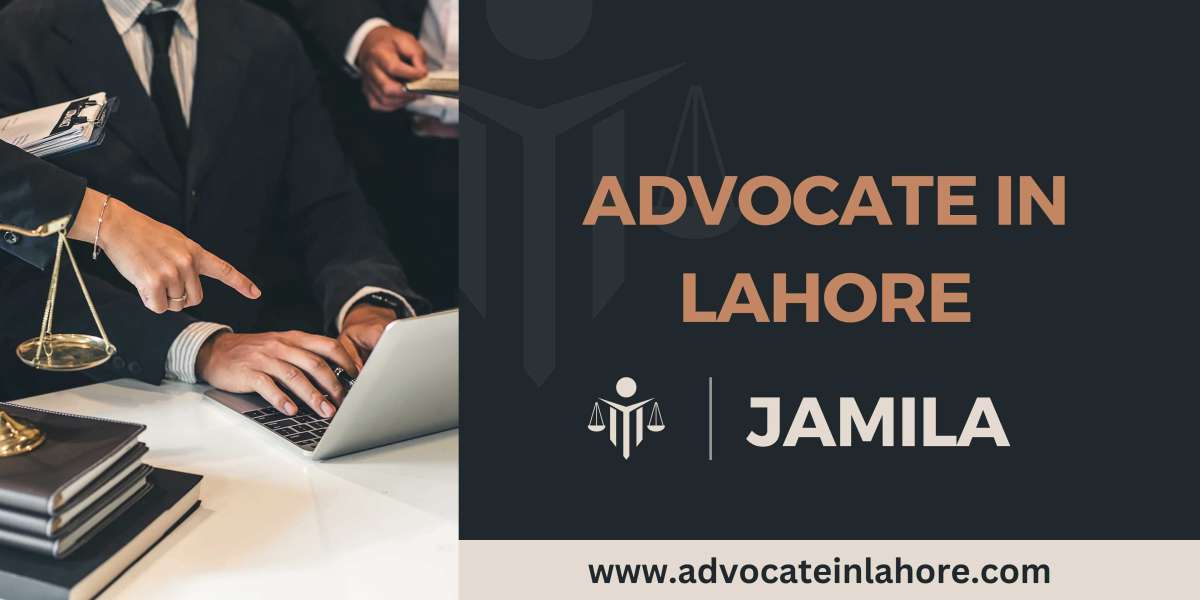In the realm of family law, the Khula Law in Pakistan offers Muslim women a legal means to seek the dissolution of their marriages. However, this journey is not without its challenges. This article explores the difficulties that women often face when pursuing Khula, shedding light on the complexities they navigate in their pursuit of legal freedom.
Social Stigma:
Women seeking Khula may encounter societal stigma and judgment. Traditional norms and perceptions surrounding divorce can contribute to feelings of isolation and shame, making it difficult for women to openly discuss their decision to seek Khula.
Financial Constraints:
Financial dependence on the husband is a common hurdle. Many women face challenges in funding legal proceedings, hiring lawyers, or even covering basic living expenses during and after the Khula process.
Lack of Legal Awareness:
Limited legal knowledge poses a significant challenge. Women may be unaware of their rights, the legal process, and the documentation required for Khula. This lack of awareness can lead to confusion and hinder the progress of their cases.
Emotional and Psychological Stress:
The emotional toll of the Khula process can be immense. Women often grapple with emotional and psychological stress, especially when faced with the need to prove valid grounds for Khula or when navigating the intricacies of court proceedings.
Inadequate Support Systems:
The absence of a robust support system exacerbates difficulties. Women may encounter resistance from their families, making it challenging to find the necessary emotional and logistical support during the Khula process.
Lengthy Legal Proceedings:
Khula cases can be protracted, leading to frustration and fatigue. Lengthy legal proceedings may place additional emotional and financial strain on women, impacting their overall well-being.
Reconciliation Pressure:
Courts often encourage reconciliation efforts during the Khula process, which can add an additional layer of stress. Women may feel pressured to reconsider their decision, even if the grounds for Khula are valid.
Child Custody Concerns:
Child custody battles can complicate Khula cases. Women may face challenges in asserting their rights to custody, and the fear of losing access to their children can be a significant source of distress.
Limited Access to Legal Resources:
Limited access to legal resources and services can hinder women seeking Khula. The cost of hiring a lawyer or accessing legal aid may be prohibitive, leaving many women without the professional support they need.
Cultural and Religious Barriers:
Cultural and religious norms can present barriers to women seeking Khula. Misinterpretations of religious teachings or cultural biases may impact the perception of women pursuing legal avenues for divorce.
The Divorce Procedure in Pakistan involves legal steps to dissolve a marriage, requiring adherence to specific protocols to ensure a fair and considerate process for both parties.
Addressing the Challenges:
Legal Empowerment Programs:
Initiatives that educate women about their legal rights and the Khula process can empower them to navigate the challenges more effectively. Legal empowerment programs can offer guidance and support.
Financial Assistance Programs:
Financial assistance programs can alleviate the burden of costs associated with Khula proceedings. These initiatives aim to provide women with the resources needed to cover legal fees and other related expenses.
Community Support Networks:
Building strong community support networks is crucial. Creating safe spaces where women can share experiences, seek advice, and offer emotional support can combat the isolation and stigma associated with seeking Khula.
Legal Aid Clinics:
Establishing accessible legal aid clinics can bridge the gap for women with limited resources. These clinics can offer pro bono legal services, ensuring that financial constraints do not hinder access to justice.
Counseling Services:
Emotional and psychological support is vital. Counseling services tailored to the specific needs of women going through Khula can provide a valuable resource to help them navigate the emotional challenges.
Conclusion: Navigating the Path to Legal Freedom:
While the difficulties faced by women seeking Khula are significant, addressing these challenges requires a multifaceted approach. By fostering awareness, providing financial assistance, and building strong support networks, society can contribute to a more equitable legal landscape for women navigating the complexities of Khula. Empowering women with the tools to assert their legal rights is a step toward dismantling the barriers that often impede their pursuit of legal freedom and autonomy.
Click here: Divorce Certificate in Pakistan








